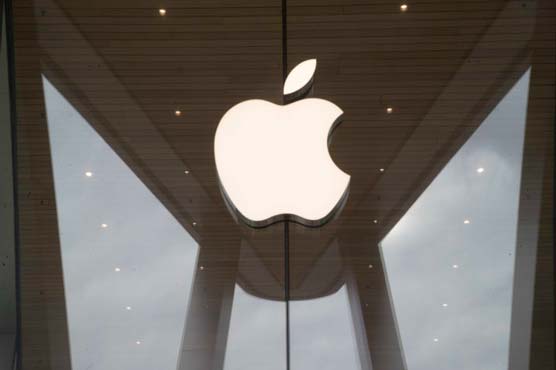Apple expands services business to markets in Africa and beyond

Apple is set to expand the App Store to 20 countries, eight of them in Africa
(Reuters) - Apple Inc on Tuesday said it would expand its App Store, Apple Music and other services to dozens of new markets in Africa, the Middle East and beyond in the biggest geographical expansion of its services in almost a decade.
Apple said it would expand the App Store to 20 countries, eight of them in Africa, and will offer its streaming Apple Music service in 52 additional countries and regions. The expansion is the largest since Apple grew what was then called the iTunes Store to India, Russia and more than 50 other countries in 2012.
Apple has focused on growing sales from its services segment, which totaled 17.8% of its $260.1 billion in revenue in its most recent fiscal year, as consumers have slowed in upgrading their smart phones. Apple executives said in January that the company had an installed base of 1.5 billion active devices and aimed to reach 600 million subscribers to either its own or third-party services by the end of this year.
Apple’s biggest services revenue generator is the App Store, where it keeps a cut of between 15% and 30% of sales. In Africa, the store will expand to Cameroon, Ivory Coast, Democratic Republic of Congo, Gabon, Libya, Morocco, Rwanda and Zambia. It will also become available in the Maldives and Myanmar in the Asia-Pacific region, Afghanistan and Iraq in the Middle East, and several nations in the Balkans and Oceania, for a total of 175 countries.
The company is also expanding its Apple Music service, bringing the total to 167 markets. Apple’s top streaming rival, Spotify Technology SA (SPOT.N), operates in 79 countries.
Apple will have different terms and pricing for streaming music in the new markets. In the United States, Apple offers a three-month free trial and charges individual users $9.99 a month thereafter. In the new markets, Apple will offer a six-month trial period and adjust monthly prices Ivory Coast and Myanmar, and $4.99 in markets such as Iraq and Kuwait.

